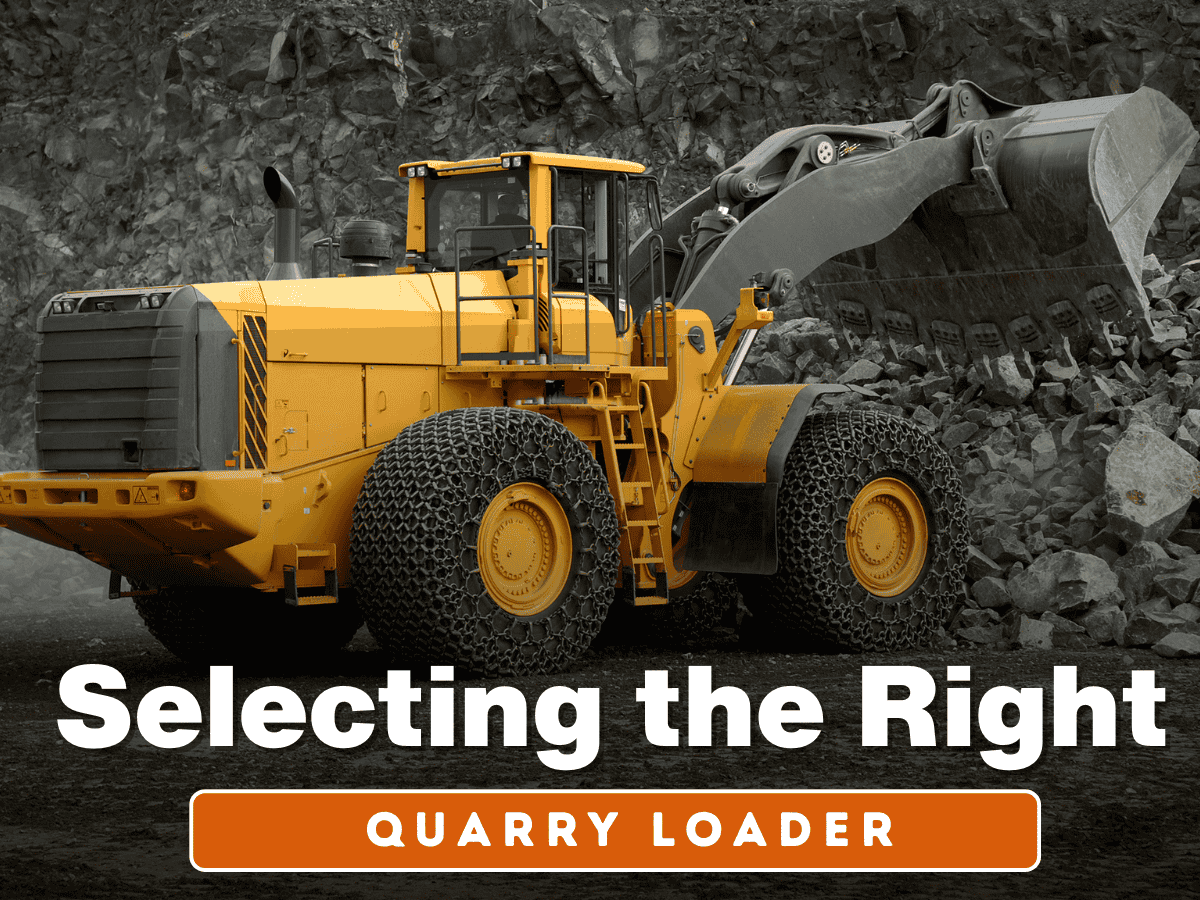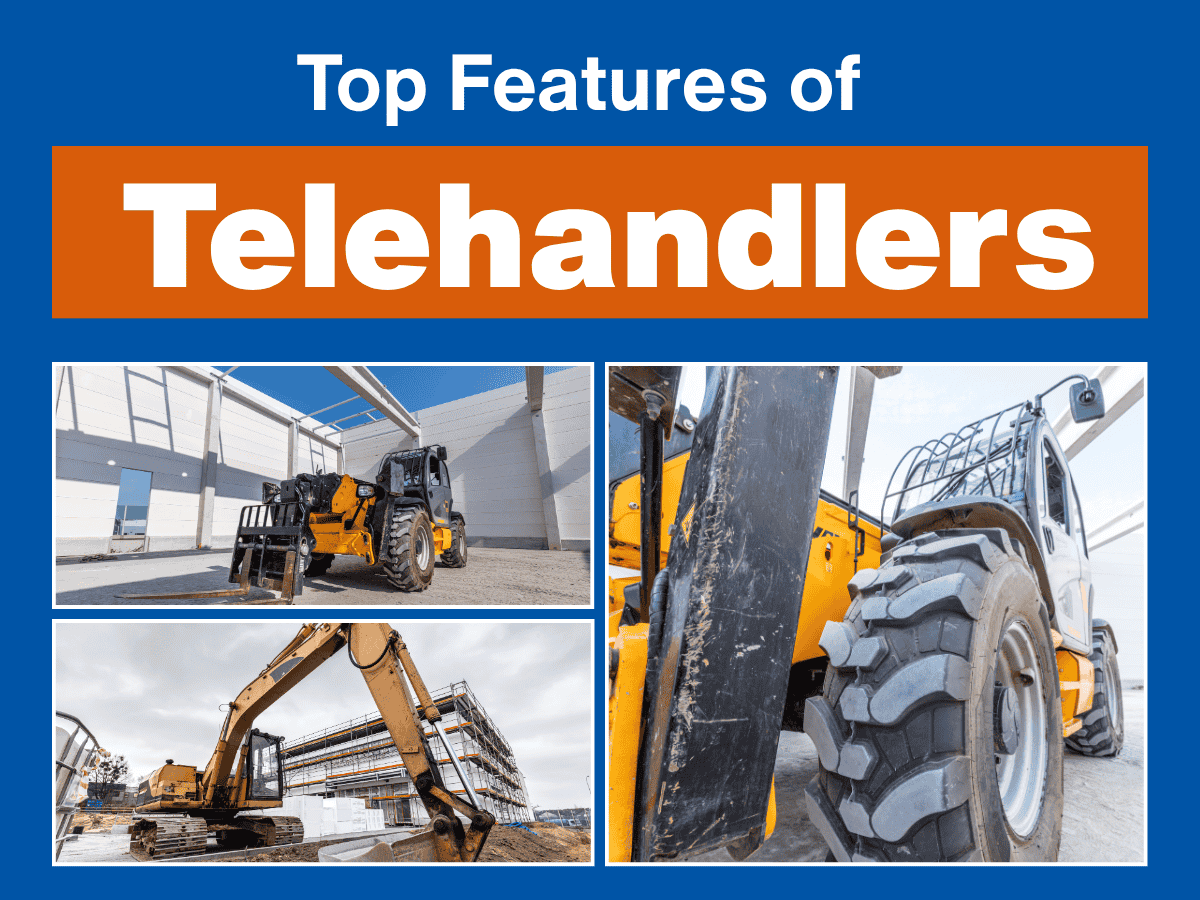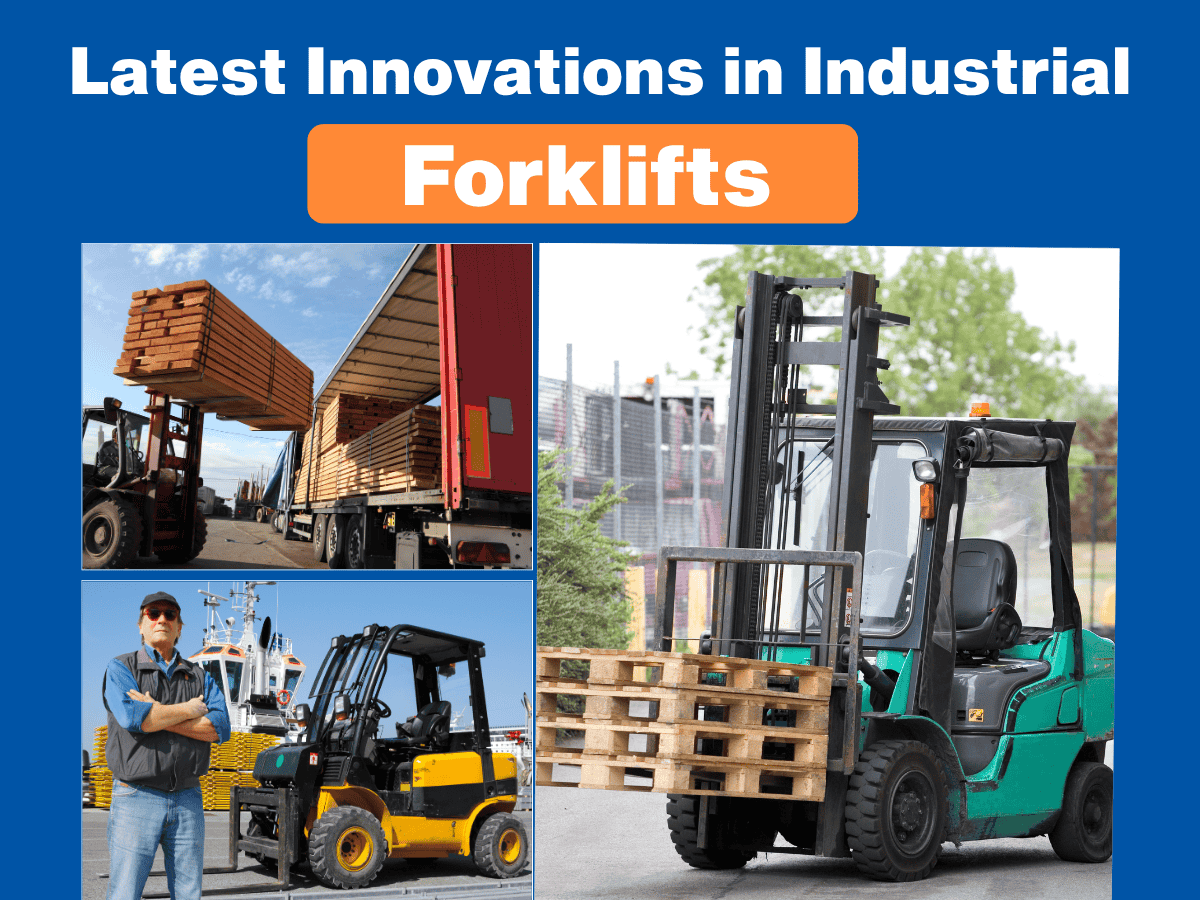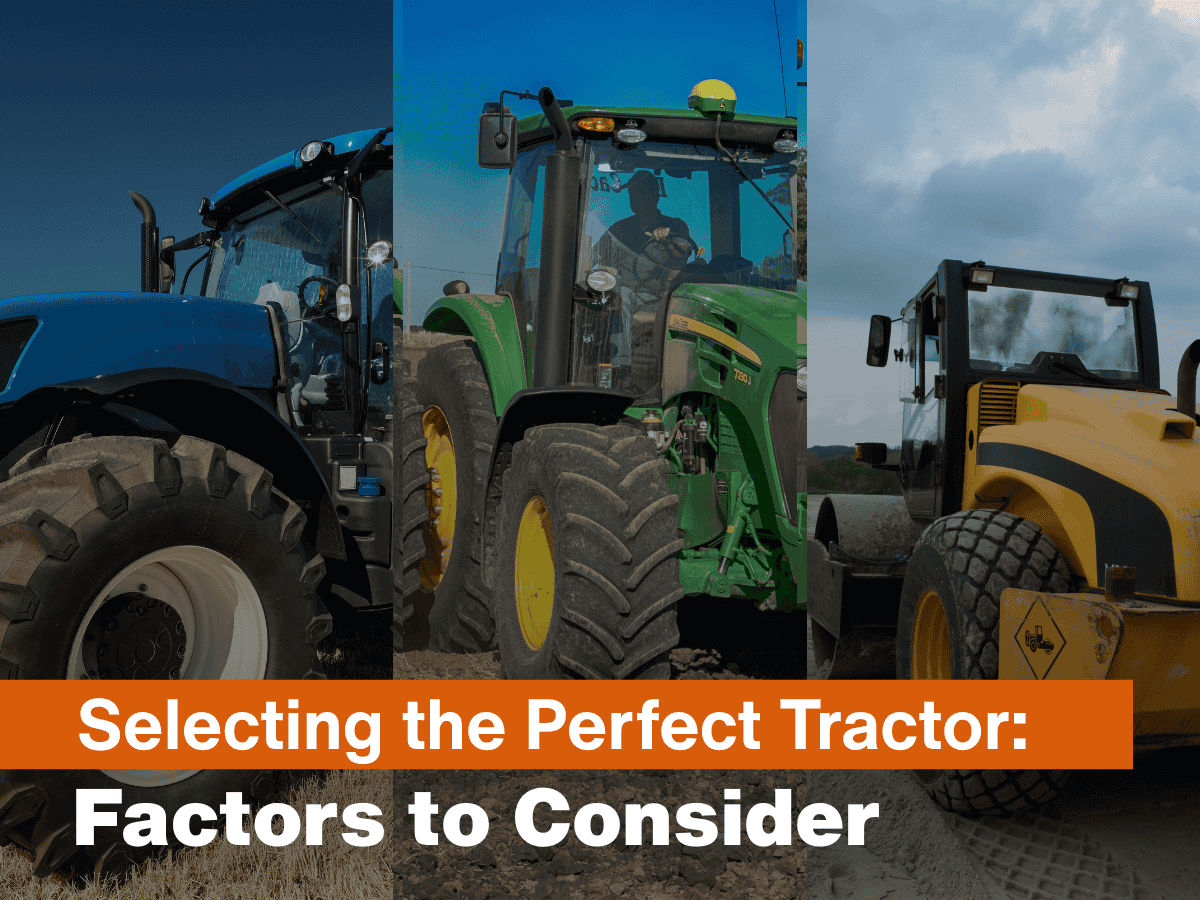ceat-speciality:blogs-tags/all,ceat-speciality:blogs-tags/equipment
A Guide to Slope-Friendly Farm Equipment
Tue, 8 Apr 2025 | PRODUCTS
Farming on sloped or hilly terrain presents a unique set of challenges for farmers. From soil erosion to uneven crop growth, working on slopes requires specialised tools and equipment designed to improve safety, efficiency, and overall productivity.
As farming becomes increasingly diverse, the demand for slope-friendly farm equipment has grown, especially for those working in areas with rugged landscapes. At CEAT Specialty, we understand these challenges and offer innovative solutions for managing slopes effectively.
In this guide, we’ll explore the essential farm equipment designed for slopes, the importance of selecting the right tools, and how to ensure maximum efficiency and safety while working on uneven land.
1. Tractors for Sloped Terrain
Tractors are the backbone of modern farming, but working on slopes requires a tractor that’s both stable and powerful. Standard tractors may struggle on inclines, posing a risk to both the machinery and the operator. That’s why it’s essential to choose a tractor specifically designed to handle sloped terrain.
Tractors with Low Centre of Gravity (LCG) are ideal for hilly areas as they provide better stability and balance on uneven ground. These tractors are engineered to lower the centre of gravity, making them less likely to tip over when working on steep slopes.
Additionally, tractors with four-wheel drive (4WD) are often preferred for slopes, as they provide better traction and stability, especially in muddy or loose soil. These tractors are equipped to handle rough terrain and are versatile enough to handle various tasks like ploughing, hauling, and tilling, even on steep land.
When choosing a tractor for slopes, it’s important to look for a model with adjustable wheel settings. Larger, wider wheels can offer more grip and stability, reducing the risk of the tractor sliding or losing traction on slopes.
2. Slope-Friendly Farm Tyres
The tyres on your machinery are crucial when working on sloped land. Proper tyres can make a significant difference in performance, especially when dealing with muddy or uneven terrain. For slopes, it’s essential to choose specialised farm tyres that provide optimal grip and traction.
Radial Ply tyres, like those offered by CEAT Specialty, are designed for maximum stability and weight distribution. These tyres provide superior traction while also reducing soil compaction, an important factor when farming on hilly land. Additionally, radial ply tyres offer longer-lasting durability, which can be beneficial when working in harsh, uneven conditions.
For steeper slopes, flotation tyres or wide, low-pressure tyres can help distribute the weight of the machinery more evenly across the surface, reducing the risk of rutting and minimising damage to soil integrity. These tyres are designed to minimise compaction and help the equipment float on top of the soil, which is especially useful in areas prone to erosion.
3. Sloping Terrain Mowers and Grass Cutters
Maintaining grassy fields or orchards on slopes can be difficult using standard mowers, as they may struggle to maintain stability. For this reason, choosing a mower that’s specifically designed for slopes is critical for ensuring smooth operation.
Slope mowers are equipped with a low centre of gravity and wide tyres for better balance on hills. Many of these machines also feature hydrostatic drive systems, which provide easy movability and more control, allowing operators to work with confidence on inclines.
Additionally, ride-on mowers with adjustable slope capability allow operators to adjust the angle of the machine, making it easier to mow on a variety of gradients. These mowers are equipped with safety features to prevent tipping, ensuring both the operator’s safety and the longevity of the equipment.
4. Hill-Ready Ploughing and Cultivating Equipment
Ploughing and cultivating land on slopes presents unique challenges, especially when dealing with uneven soil. Using the wrong ploughing equipment can result in uneven cultivation, soil erosion, and reduced crop yields. For this reason, specialized equipment is necessary for successful farming on hilly terrain.
Hill-style ploughs, also known as contour ploughs, are designed to plough along the natural contours of the land rather than across them. This helps prevent soil erosion and water runoff, which are common issues on sloped fields. These ploughs are equipped with larger blades to ensure efficient soil turning and are built to navigate uneven ground without causing damage to the soil structure.
Another useful tool for farming on slopes is the terracing plough, which is specifically designed to build terraces on sloped land. This type of ploughing helps create flat areas where crops can grow without the risk of soil erosion.
5. Harvesters and Specialised Equipment
Harvesting on slopes requires specialised equipment to ensure that the harvest is efficient, safe, and of the highest quality. Slope-friendly harvesters are equipped with features that prevent the machine from tipping and ensure optimal performance on hills.
For example, combine harvesters with tilt adjustments allow the operator to adjust the harvester’s angle to match the slope, ensuring uniform harvesting and reducing the risk of spillage. These machines often have additional safety features like automatic slope detection systems that alert the operator when the angle becomes too steep.
Furthermore, self-propelled harvesters are particularly useful for steep slopes, as they provide better flexibility and allow operators to work on terrain that might otherwise be too difficult for traditional equipment.
6. Ensuring Safety and Efficiency
While slope-friendly farm equipment is designed to handle the challenges posed by uneven terrain, safety should always be a top priority. When working on slopes, it’s essential to always ensure that equipment is properly maintained, as worn-out machinery is more prone to failure in challenging conditions.
Additionally, operators should receive proper training on how to safely operate machinery on sloped land, as the risks of accidents are higher. Regular inspections and maintenance, especially on tires and hydraulic systems, can help prevent malfunctions and ensure maximum efficiency during operations.
Conclusion
At CEAT Specialty, we offer a range of high-quality tyres and equipment designed to help farmers thrive on uneven ground. By investing in slope-friendly farm equipment, you can ensure smoother operations and better results, even in the most challenging terrain.



















